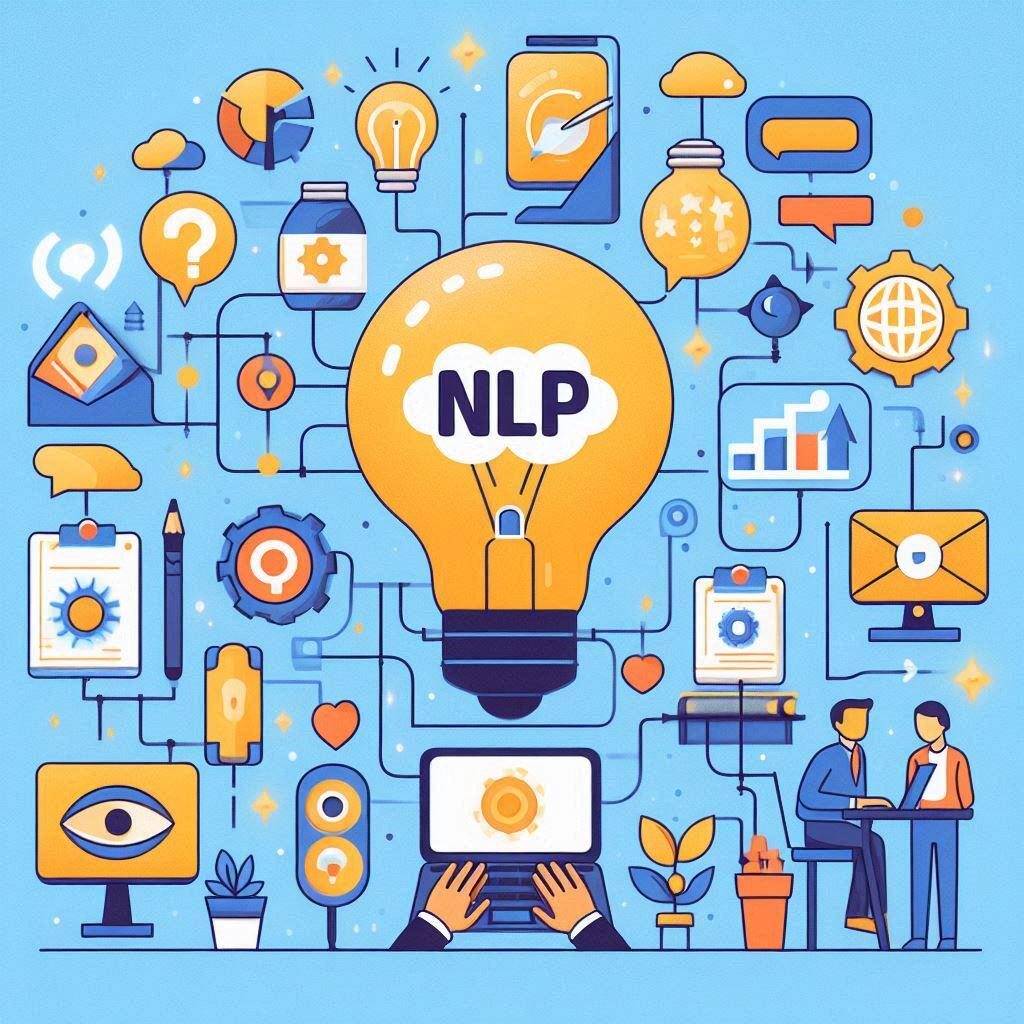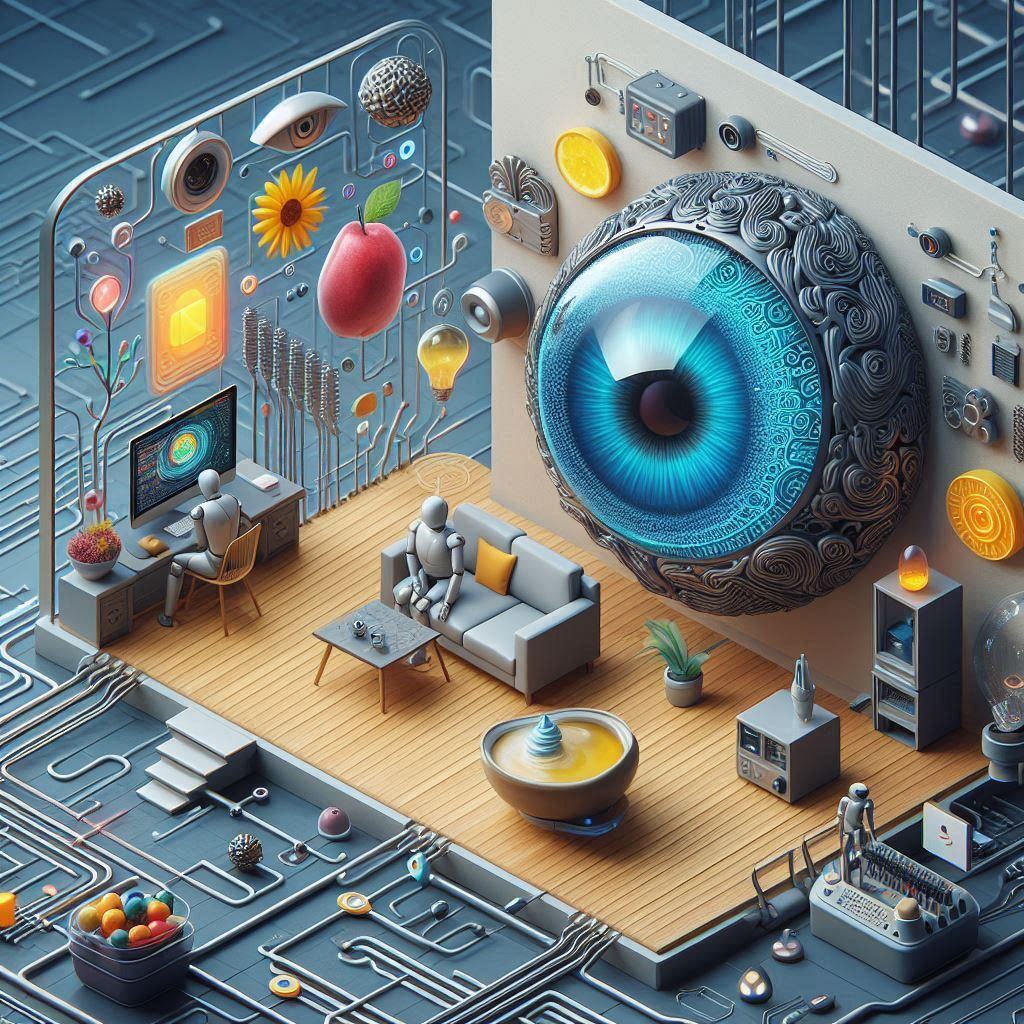Personalized Learning with AI: Multi-Agent Systems in Education
The educational landscape is undergoing a transformation driven by advances in artificial intelligence (AI). Among the most promising innovations is...
Learn how multi-agent AI is transforming healthcare with enhanced diagnostics, personalized treatment plans, real-time monitoring, and better patient outcomes.
Artificial intelligence (AI) is making significant strides in various industries, and healthcare is no exception. One of the most promising advancements is the application of multi-agent AI systems in healthcare. These systems are transforming the way we approach diagnostics, treatment plans, patient monitoring, and overall healthcare outcomes. In this blog, we will explore how multi-agent AI systems are being utilized in healthcare to enhance patient outcomes.
Multi-agent systems consist of multiple AI agents that work together to achieve specific goals. Each agent operates independently but communicates and collaborates with other agents to perform complex tasks. In healthcare, these agents can represent different aspects of patient care, such as diagnostic tools, treatment planners, monitoring systems, and administrative support.
Accurate and timely diagnosis is critical for effective treatment. Multi-agent AI systems can improve diagnostic accuracy by integrating data from various sources and analyzing it with sophisticated algorithms.
Data Integration: Multi-agent systems can combine data from electronic health records (EHRs), lab results, medical imaging, and even wearable devices. This comprehensive view allows for more accurate diagnoses by considering a wide range of information.
Pattern Recognition: AI agents can analyze medical images and detect patterns that may be indicative of diseases, such as cancer or heart conditions. These systems can often identify abnormalities that might be missed by human eyes.
Decision Support: Multi-agent systems can provide decision support to healthcare professionals by suggesting potential diagnoses based on the analyzed data. This can speed up the diagnostic process and reduce the likelihood of errors.
Creating an effective treatment plan requires careful consideration of the patient’s condition, medical history, and available treatment options. Multi-agent AI systems can assist in developing personalized treatment plans that improve patient outcomes.
Personalized Medicine: AI agents can analyze a patient's genetic information, lifestyle, and preferences to recommend personalized treatment plans. This approach increases the likelihood of successful outcomes by tailoring treatments to individual needs.
Treatment Optimization: Multi-agent systems can evaluate the effectiveness of different treatment options and suggest the best course of action. They can also simulate potential outcomes to help healthcare providers make informed decisions.
Continuous Learning: These systems can continuously learn from new data, ensuring that treatment recommendations are based on the latest medical research and clinical guidelines.
Effective patient monitoring is crucial for managing chronic conditions and ensuring timely interventions. Multi-agent AI systems enhance patient monitoring by providing real-time data analysis and alerts.
Real-Time Monitoring: AI agents can monitor vital signs, such as heart rate, blood pressure, and oxygen levels, in real-time. This allows for immediate detection of any anomalies that may require medical attention.
Remote Monitoring: Patients can be monitored remotely using wearable devices and mobile applications. AI agents can analyze the data collected from these devices and alert healthcare providers to any concerning trends.
Predictive Analytics: Multi-agent systems can use predictive analytics to anticipate potential health issues before they become critical. For example, they can predict the likelihood of a patient developing complications based on their current health status and medical history.
The integration of multi-agent AI systems in healthcare can lead to significant improvements in overall healthcare outcomes.
Efficiency and Accuracy: By automating routine tasks and providing accurate data analysis, multi-agent systems can reduce the workload on healthcare providers and minimize the risk of human error.
Patient Engagement: AI agents can engage patients by providing personalized health information, reminders for medication, and educational resources. This empowers patients to take an active role in their healthcare.
Cost Reduction: Improved diagnostics, optimized treatment plans, and efficient patient monitoring can lead to cost savings for healthcare providers. This can make healthcare more accessible and affordable for patients.
The use of multi-agent AI systems in healthcare is revolutionizing the way we approach patient care. By enhancing diagnostics, optimizing treatment plans, improving patient monitoring, and boosting overall healthcare outcomes, these systems hold the potential to transform the healthcare industry. As AI technology continues to evolve, we can expect even more innovative applications that will further improve patient outcomes.
Ready to see the future of healthcare? Explore Integrail's platform to build, deploy, and manage custom AI applications effortlessly. With Integrail, you can quickly create powerful AI solutions without coding. Leverage models from leading providers and join our community to enhance your skills. Visit our website to start your free trial today and experience the benefits of multi-agent AI systems in healthcare.

The educational landscape is undergoing a transformation driven by advances in artificial intelligence (AI). Among the most promising innovations is...

Have you ever wondered how your smartphone understands your voice commands, or how your email filters out spam? Or perhaps you've been amazed by...

A fundamental component of AI agent architectures is the perception module, which plays a crucial role in how AI systems interpret and interact with...
Start your journey with Integrail

Try AI Studio by Integrail FREE and start building AI applications without coding.

NEW White Paper: Discover how AI Studio accelerates your workflows